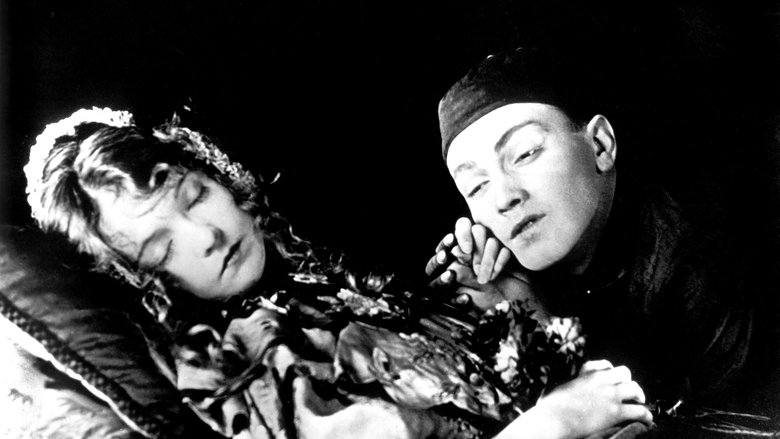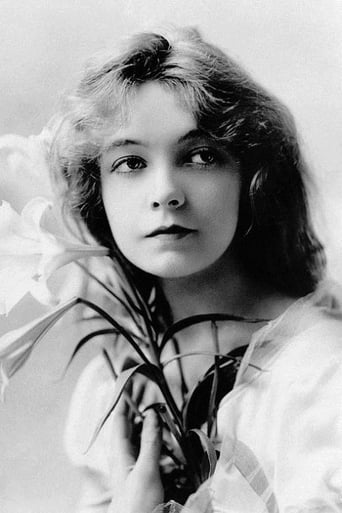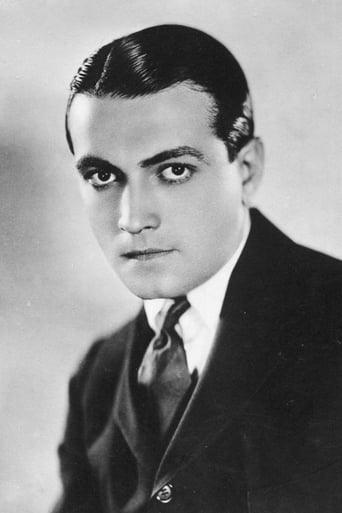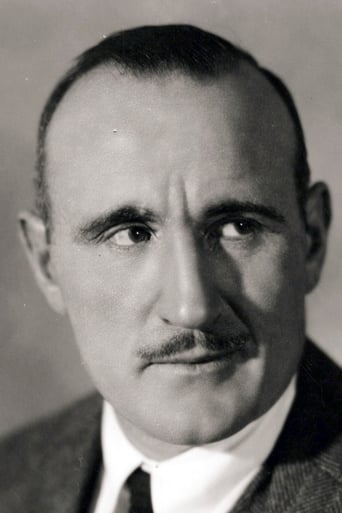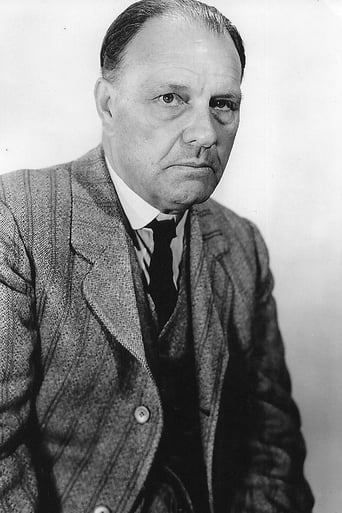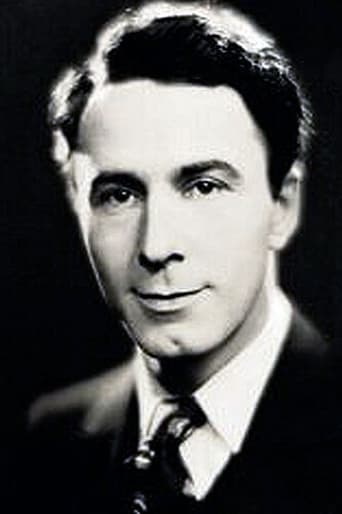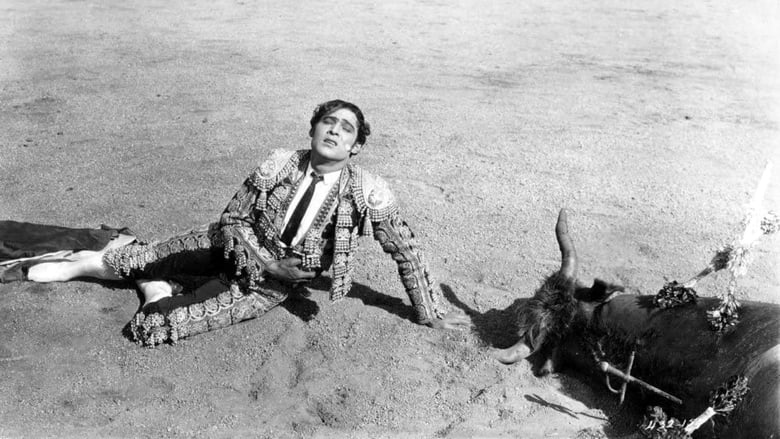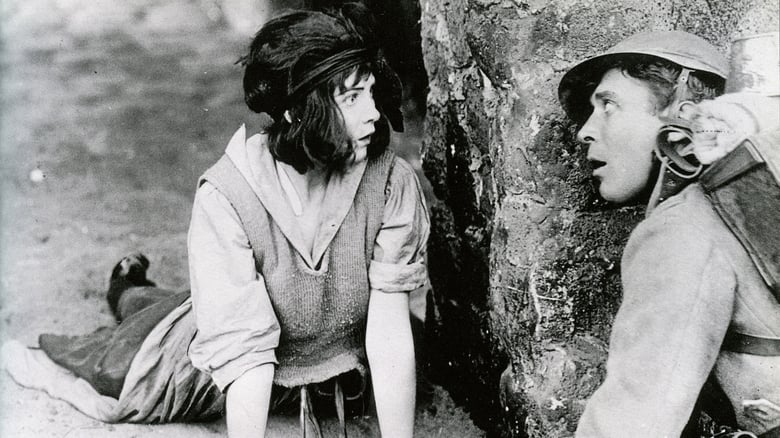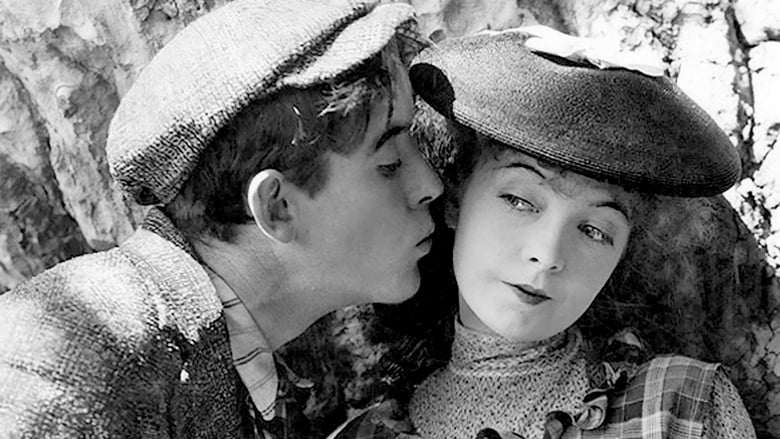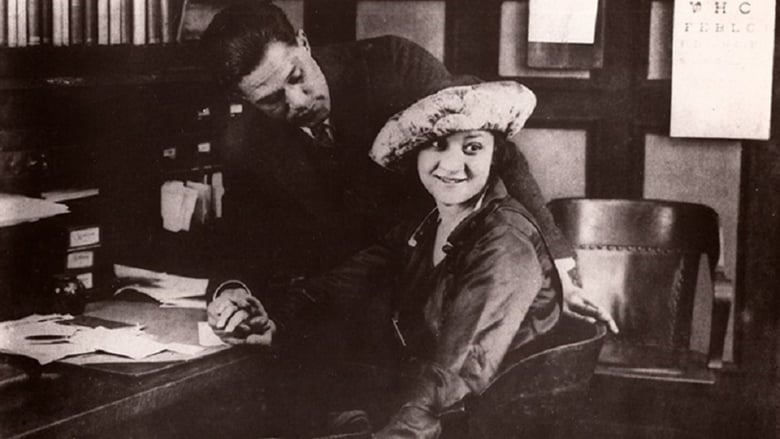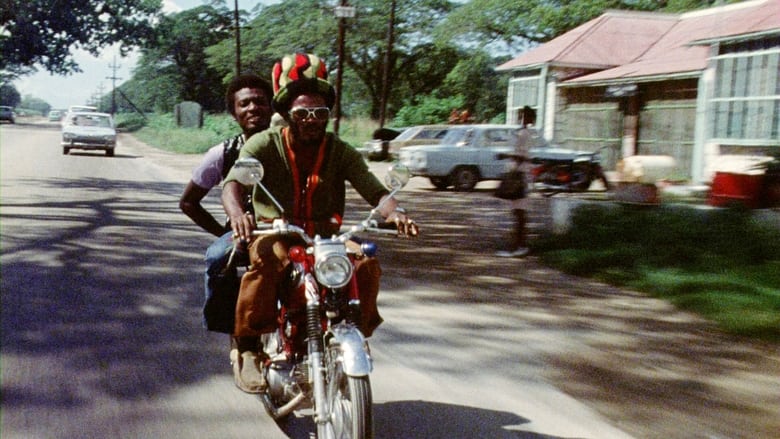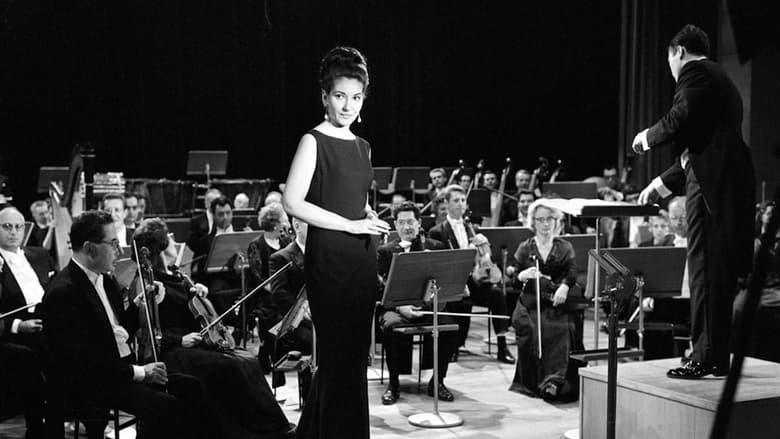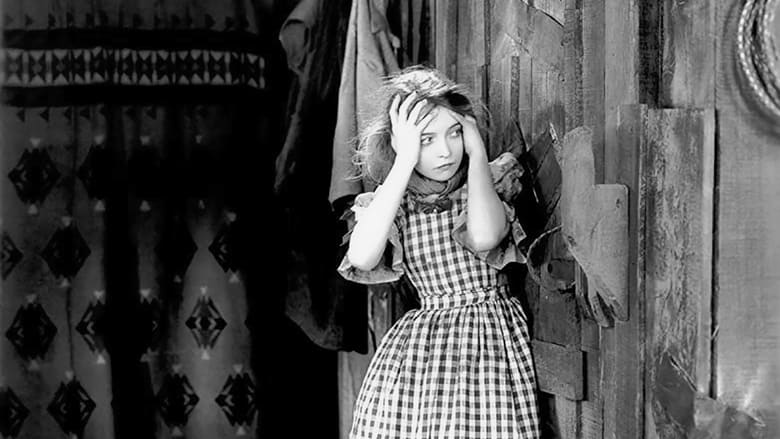The love story of an abused English girl and a Chinese Buddhist in a time when London was a brutal and harsh place to live.


Similar titles
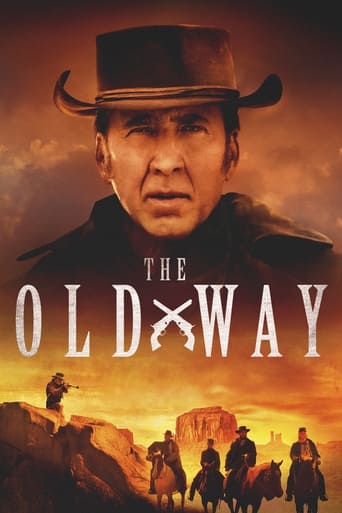
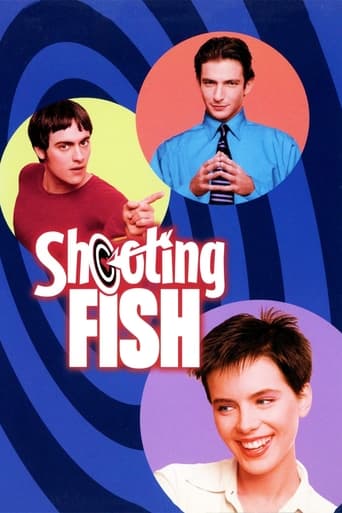
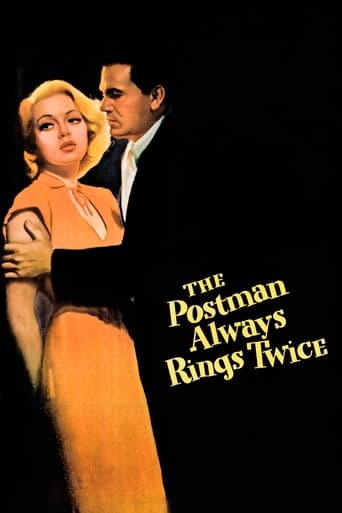
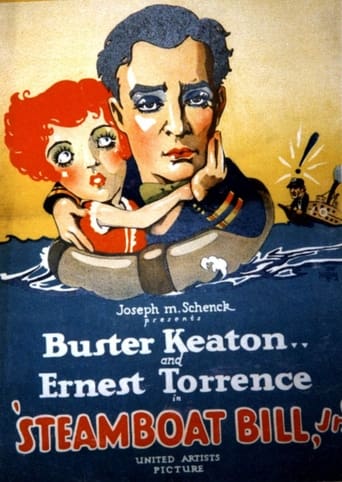
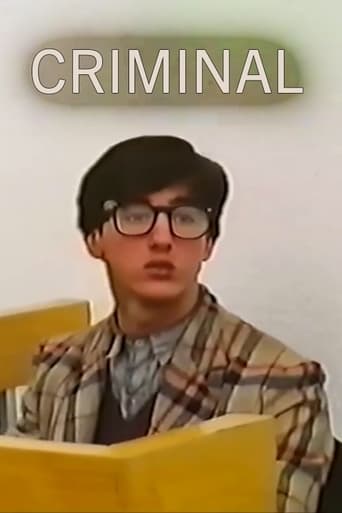
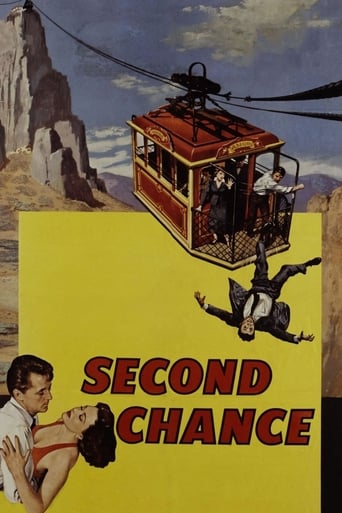
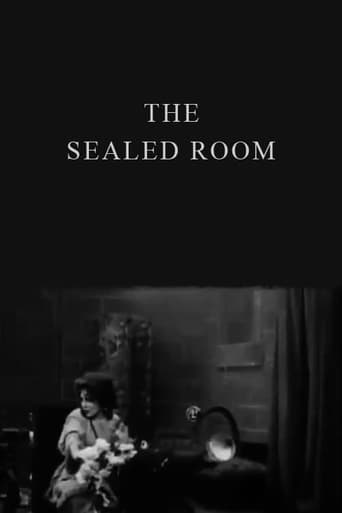
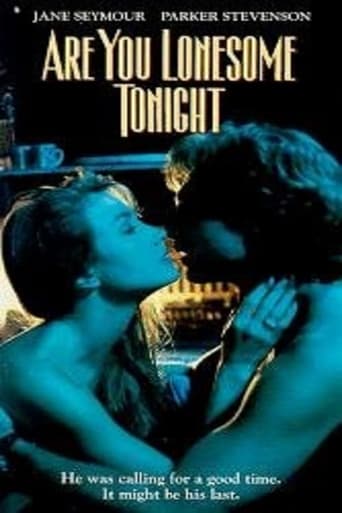
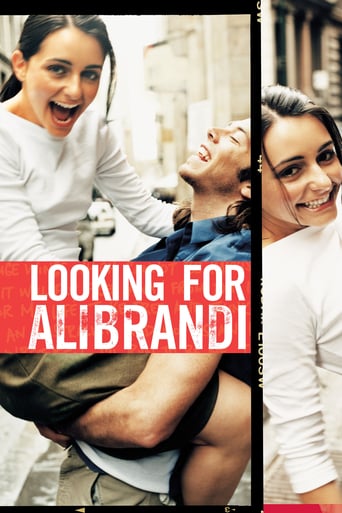
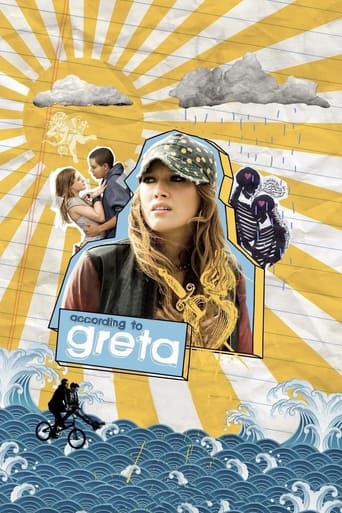
Reviews
In 1915, D.W. Griffith made "Birth of a Nation," which was an entertaining movie, but had the slight drawback of being the most racist movie ever made. To atone for this great sin, he had to do penance, and that's why he made "Intolerance: Love's Struggle Throughout the Ages" the very next year, whose message was that we should all be tolerant of one another, something the glorious Ku Klux Klan of the previous movie definitely was not. "Intolerance" was a boring movie, but it had to be done. Unfortunately, it was also done to us, punishing us for enjoying "Birth of a Nation," I suppose.Griffith must have still been feeling guilty by 1919, because in that year he also made "Broken Blossoms or The Yellow Man and the Girl," in which he tried to atone for his racist classic one more time. The very title may sound a little racist to our twenty-first century ears, but he probably thought it was an improvement over the source material, a short story by Thomas Burke entitled "The Chink and the Child."The Asian in both titles is Cheng Huan, played by Richard Barthelmess in yellowface. He is a Chinese Buddhist who decides to move to London to bring enlightenment to the white race. He is unable to bring said enlightenment to the British, however, no doubt because the people in England were not sure what to make of a man who was apparently incapable of using the muscles in his face to form an expression. I guess that was Griffith's idea of the inscrutable Oriental. However, Huan is able to achieve nirvana on a regular basis at the local opium den.Whereas Barthelmess played Huan without an expression, Donald Crisp played Battling Burrows with enough expressions on his face for the two of them. Burrows is a boxer who enjoys being cruel to his young daughter Lucy. In fact, the only time Burrows is not bullying or beating Lucy is when he is at the saloon or in the boxing ring. But he insists that she put a smile on her face, and so Lucy uses her two fingers to force her lips into a smile, which is ludicrous. Supposedly, Lillian Gish, who played Lucy, came up with that idea, and apparently Griffith liked it, because she does it over and over again. The reason for this, presumably, is that if she had simply forced a smile on her face the way a normal person might do, we in the audience might be so dull-witted as to think she was actually happy.After a particularly severe beating, Lucy accidentally stumbles into Huan's shop. When the effect of his opium pipe wears off, Huan notices her on the floor and takes her upstairs to his bedroom. His love for her is pure and noble, but expressed in such a way as to seem downright creepy. But when her father finds out she has been in Huan's bedroom, he beats her with a whip until she dies. Huan goes over to where Burrows lives, and, discovering that Lucy is dead, pulls out a revolver and shoots Burrows several times, killing him on the spot. Huan goes home and commits suicide by disemboweling himself with a knife. I thought that was something a Japanese Samurai might do as a matter of honor, not something a Buddhist is likely to do, but then I wasn't aware that Buddhists went around packing heat, so what do I know?This movie is simplistically didactic, instructing us that an Asian might actually be a better person than a Caucasian. And to benefit from that lesson, we have to sit through what may be the most miserable ninety minutes in cinematic history.
One of the books on my shelf refers to families as "God's little concentration camps," and this movie perfectly encapsulates that potentiality.Lucy's sole purpose in life seems to be as lightning rod for her primitive father's rages. In London's immigrant-filled Limetown district, Lucy can run but cannot hide from the whip of Battling Burrowes.I'd never before seen Lillian Gish and I'm highly impressed. Who will forget her frenzy in being cornered in that flat, pursued by a maniac with a hatchet (did this scene inspire one decades later in "The Shining")?Nor had I been familiar with the work of D.W. Griffith, but I sure am curious now! I'd never before seen a story in which an acolyte of an Eastern religion sets out for the West to enlighten the heathens there. (Now there's a prescient concept!) Chen Huang, played by the Western actor Richard Barthelmess, creates an odd persona. On the one hand he is a saint who only wants the best for Lucy -- yet there are hints he is sexually attracted to the girl. (When she senses this and recoils, he backs off.) Like a strong perfume, his exoticism keeps one interested. This film brutally encapsulates the unreflective soul, in the character of Burrowes, played so ably and rawly by Donald Crisp. A tiny quibble is the plot twist that shows the slimy friend of the boxer discovering Lucy in an upstairs bedroom. I found this rather improbable. "Broken Blossoms" is devastating to watch and contemplate. How much has changed, really, in the last 100 years?
Upon first viewing this film, needless to say that I was a little more than put off. As this was the second silent film I had watched this week, and only the second ever, I was disturbed by what I can only imagine are common trends among movies of the silent film era: misogyny and racial bigotry. As in Charlie Chaplin's "The Circus", the role of the heel is played by a brutish father who mercilessly, and without any sense of remorse, admonishes and physically abuses his daughter. This is an interesting concept in the sense that this movie was made in 1919, and Chaplins in 1928, during the height of the woman's suffrage movement in America. At a time when women were striving for equality in the voting booths, it seems as though what they really should have been working towards is equality in films. The fact that all the characters in the film except the "yellow man" regard the fathers blatant abuse of his daughter with such a cavalier attitude speaks volumes as to what the prevailing thoughts on a woman's place in society should have been. That being said, overall, the movie was captivating, albeit a bit slow in getting the story moving. ]A second particular notion worth mentioning is the way in which the characters of different races regard each other. All the "yellow man" wants to do is spread his Buddhist beliefs of peace and good will to the savage Anglo-Saxons, while later on in the film a priest says that his brother is going to spread the "good word" to the oriental heathens. Such obvious disdain being portrayed on the screen is no doubt in some way indicative of the real feelings regarding foreigners that most whites had. Additionally, if you prescribe to the maxim that art imitates life, then this notion of accepted racism is even more plausible. All in all, this was an enjoyable movie apart from what was at times blatant racist dialogue and action.
This film is simply beautiful. Although it is silent, the watcher is always aware of what is going on. Broken Blossoms is significant because it exposes touchy issues - especially for being made in 1919. It is filmed in such a way that truly allows the watcher to feel for it's characters. "The Yellow Man" is an extremely sensitive follower of Buddha who wishes to venture to a foreign land in hopes of spreading Buddha's word. However, he finds himself faced with the harsh realities of the world and finds himself involved in fights. He spends his time watching Lucy - a helpless young girl who his battered and bruised by her Father, the Battler, and falls in love with her. After finding her collapsed on his store floor he decides to provide a bed as well as food and comfort for the young girl. The two characters bond and help each other feel a sense of belongingness - that is, until the young girls father (the Battler) finds out.

